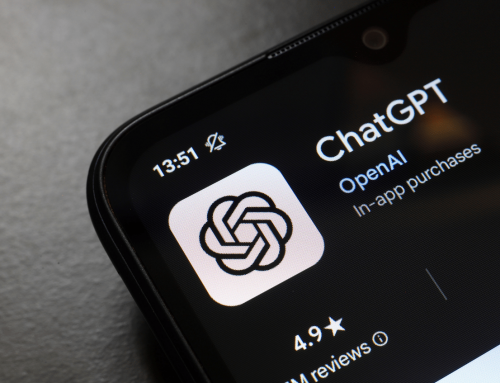An outrageous accusation has shaken the world of OpenAI. An anonymous hacker claims to have stolen 20 million login details from the AI chatbot ChatGPT. Has OpenAI really been the target of a serious attack? And what does this mean for millions of users worldwide? We took a closer look at the whole thing.
What happened? The hacker and his claim
An intriguing offer is currently being made in the dark corners of the internet, more precisely on the so-called darknet: the hacker "Emirking" is selling 20 million login details of OpenAI users. This data includes email addresses and passwords of people who use the AI software ChatGPT - from private users to companies. The price? A few dollars - a shockingly small amount compared to the potential damage that could be caused by the theft.
This hacker's claim has caused an uproar in the online community. The question remains: Has OpenAI actually been hacked? And what does this mean for anyone who entrusts their private or business information to the AI system?
What's the story? Uncertainty about the hack
While the hacker's claim has caused quite a stir, much remains unclear. OpenAI itself has not yet commented clearly on the allegations. There is no official confirmation of the hack. However, a few experts have doubts about the authenticity of the published data. One tech journalist even reported that he had discovered several incorrect logins in the sample data. Furthermore, the hacker had only appeared once so far, and the post in which he offered the data for sale has since been deleted. This leaves room for speculation: Could this be a hoax or a deliberate deception?
How to protect yourself: what users should do now
Even if it remains unclear whether the hack has actually taken place, ChatGPT users should not remain inactive. The easiest and quickest step to secure yourself: Change your password. Anyone who has not yet set up two-factor authentication should do so quickly. This additional security measure makes it much more difficult for hackers to gain unauthorized access to an account.
It is also advisable to keep an eye on phishing attempts. Hackers could try to obtain private data with fake e-mails or messages. Be careful before clicking on links or giving out personal information.
Crisis of confidence in OpenAI: What happens if the hack is actually true?
There could be a real problem here. If the data really has been stolen, OpenAI and the users are facing a difficult situation. It will be interesting to see how quickly and transparently OpenAI responds to the allegations. A mere investigation is not enough when the protection of millions of personal data is at stake. Trust in the company is at stake - and this could have long-term consequences for the use of artificial intelligence.
We say it clearly: security precautions must be improved. Anyone who provides millions of people with AI services must take significantly more responsibility for protecting their data. If the hacker is not lying, OpenAI faces a real test. It would be a mistake to rely on unclear statements and an investigation without real consequences.







